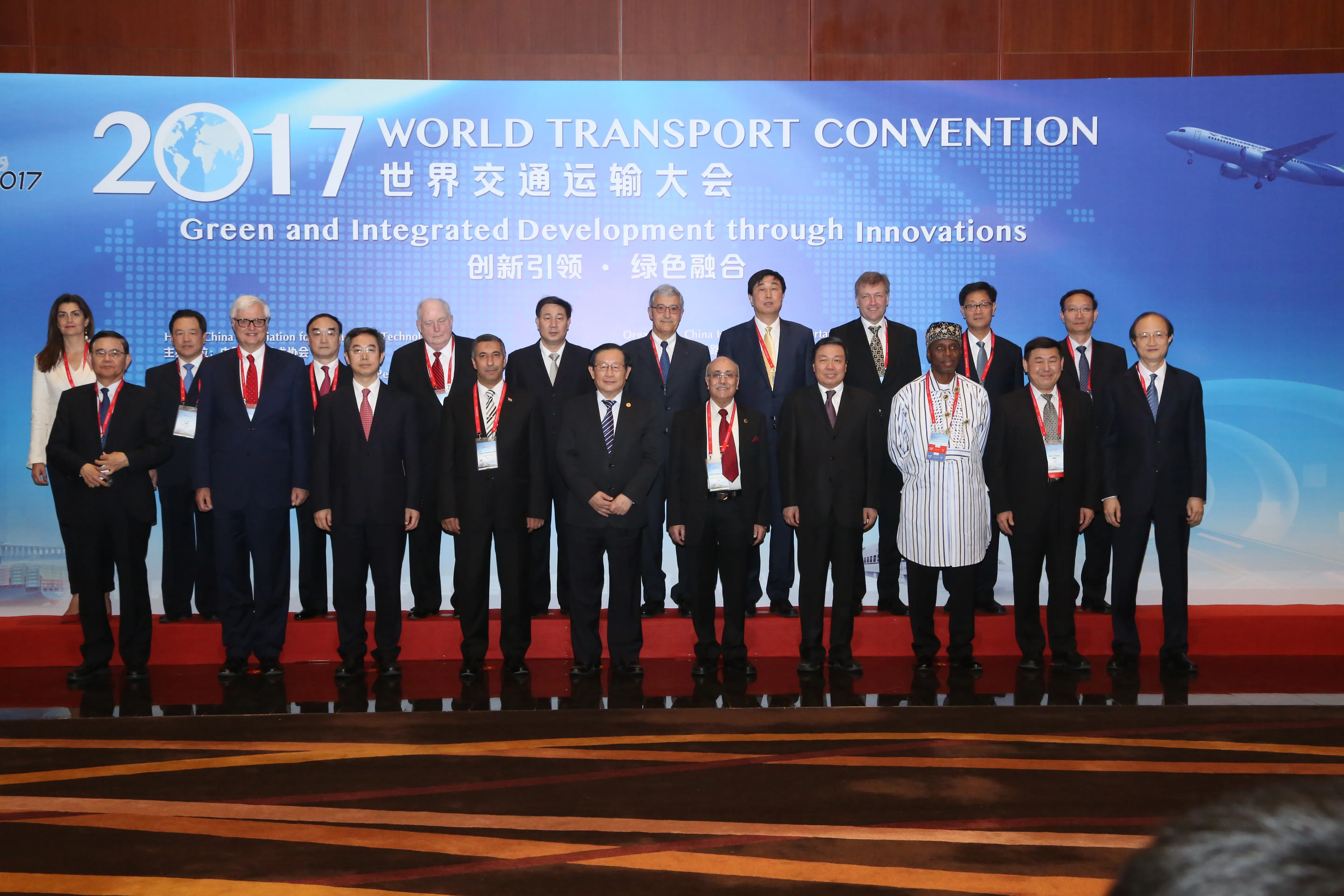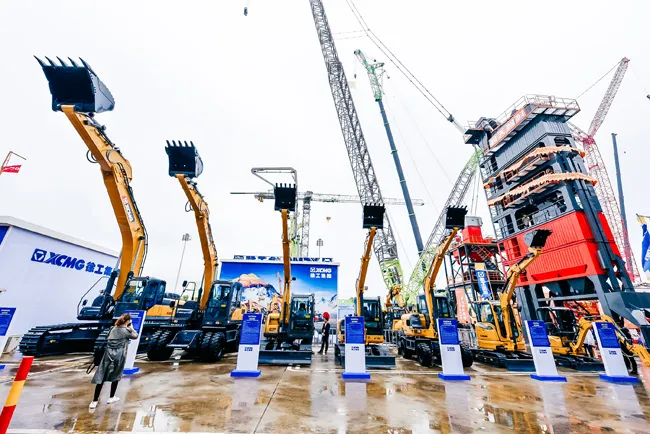Germany has made a U-turn on its controversial proposals to allow private investment into the administration of the Autobahn network. The proposals had attracted a great deal of political criticism and had become the subject of some debate. Proposals may yet allow private investors to take stakes in motorway construction projects. The country has a substantial backlog of road projects. The suggestion to allow private investment into Autobahn projects has come following discussions between the Federal Govern
November 1, 2016
Read time: 1 min
Germany has made a U-turn on its controversial proposals to allow private investment into the administration of the Autobahn network. The proposals had attracted a great deal of political criticism and had become the subject of some debate. Proposals may yet allow private investors to take stakes in motorway construction projects. The country has a substantial backlog of road projects. The suggestion to allow private investment into Autobahn projects has come following discussions between the Federal Government and state governments across the country. At present Germany invests around €3.5 billion/year in building new Autobahn sections or maintaining existing stretches.







